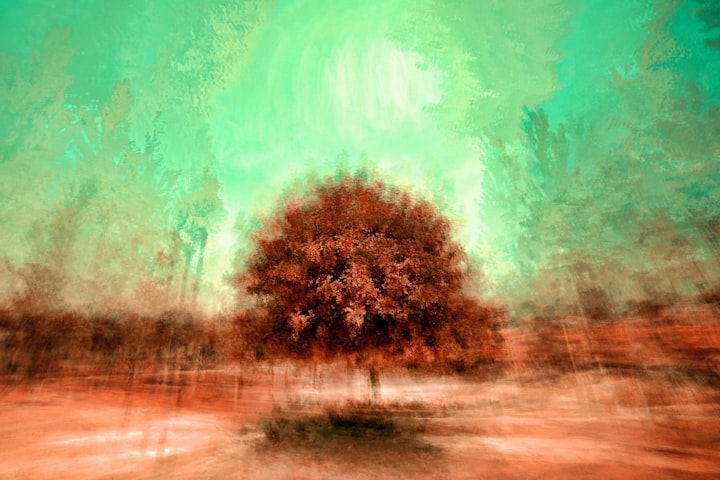Inner Voices, Blood, Guts, and Eternal Life
Who Am I?

If we could interview our own consciousness, what would we ask it? You know that little voice in our head, that talks to us all day long. That voice that says, “You’ve had 6 slices of pizza, that’s enough,” and then seems to bargain and rationalize with itself, “But, there’s only two slices left and it’s so yummy, just keep eating it.”
If I could interview my own consciousness the first question I would ask is what the heck are you doing inside this bag of bones. You seem way too sophisticated to be living inside a grotesque, blood soaked, gaseous, mucous secreting, burping, farting pile of sticky mush covered with skin.
I'd ask my inner voice why it took so long to convince me to stop smoking and eating so much and why I finally listened? I’d ask how it got me through graduate school when I would’ve preferred individually plucking out my eyelashes.
I'd ask my consciousness where it goes when I die?
If all I need to survive is food and water, why do I dream of doing things I will never do and fantasize about a person I will never become?
If our consciousness rules us why does it force people to commit terrible atrocities?
And if it controls us, who’s controlling it?
Is it all just some mysterious dance where our biology creates an illusion of self and through a process of nature and nurture we either become partners in crime or partners in love? And when we die, it dies?
Are we just receivers, similar to the way a radio receives a signal and converts it into music? Is it possible we all receive the same universal signal, and our biological predisposition reacts to it? That is, those who injure or murder or otherwise perform evil acts, are not reflecting the universal consciousness, but are biologically corrupting the signal.
Maybe consciousness has been here forever and will continue to be here forever.
But doesn't that make our individual lives inconsequential and meaningless?
Yes and no.
It makes our blood and bones ultimately meaningless. But our uniqueness, our personality, our sense of humor, our humanity, existed before we were born.
Will our distinct consciousness be channeled into another person when we die? It can’t, because we don’t have a distinct consciousness. There is only one consciousness.
We are all in everyone.
"We" exist as part of a single giant beast. In our current body, we can only perceive a minuscule piece of the cosmic puzzle.
Every living creature, every molecule, every atom, and every cell, experiences a tiny sliver of this giant beast of consciousness of which we cannot understand in our current state.
Perhaps our deceased loved ones never truly leave us because they were never completely here to begin with. They were, and always will be, over there, as part of a single consciousness that we do not have the ability to yet understand.
We can only define and envision pleasure through our flesh. The notion of being part of some floating, amorphous, blob, sounds on its face, horrible. This gargantuan invisible cosmic universe can’t possibly enjoy sex or a juicy cheeseburger or experience the sensation of an ocean breeze or sunset.
But our ego doesn't die. It exists within a context and world that "feels" a million times better than how it "feels" now.
Perhaps infinity isn’t an ever-expanding universe but an everlasting consciousness.
Perhaps we shouldn’t define everlasting life through the lens of our human form.
And while we’ll only find out when we die, I’d like to believe eternity gives us an occasional glimpse: the moment a child is born, the smell of maple syrup, a soft purple streaked sky, a butterfly garden, and that precise moment you realize someone loves you.
What if this life is not an illusion, just a sneak preview?
About the Creator
Jonathan Morris Schwartz
Jonathan Morris Schwartz is a speech language pathologist living in Ocala, Florida. He studied television production at Emerson College in Boston and did his graduate work at The City College of New York.






Comments
There are no comments for this story
Be the first to respond and start the conversation.